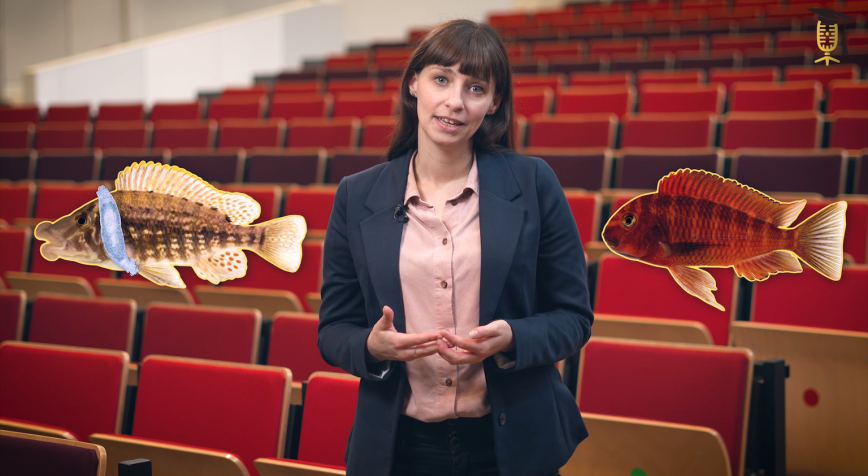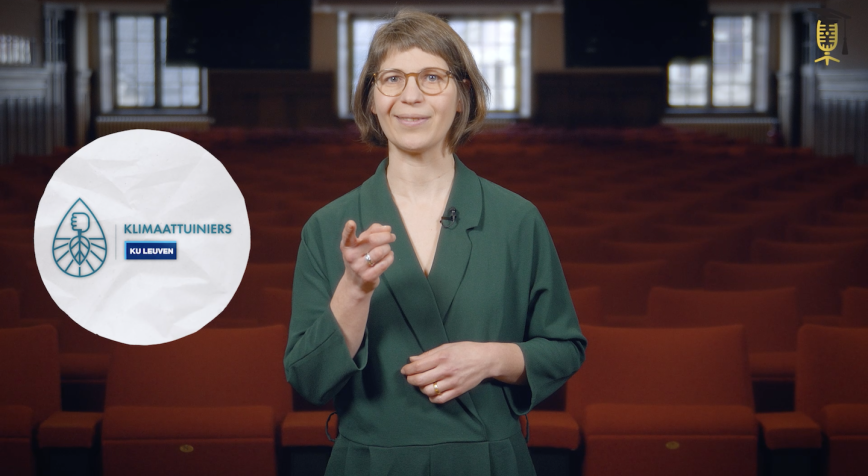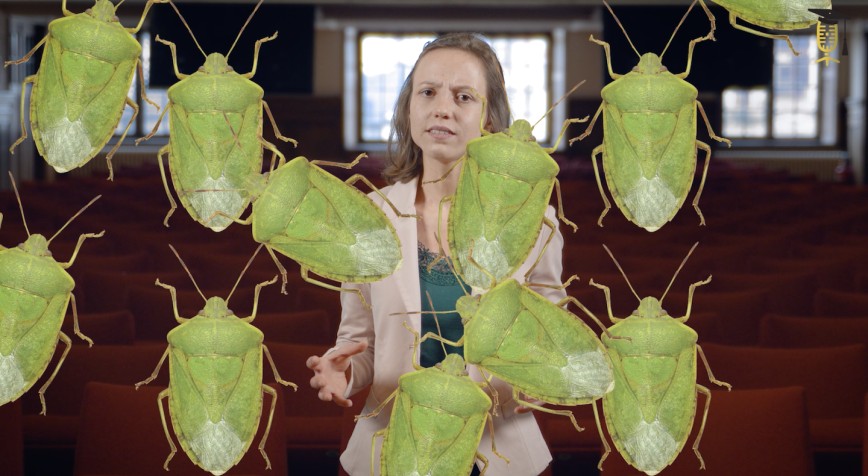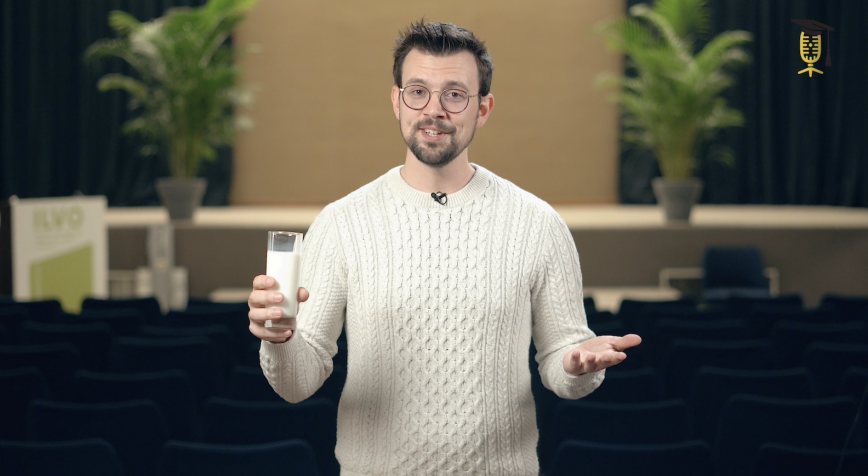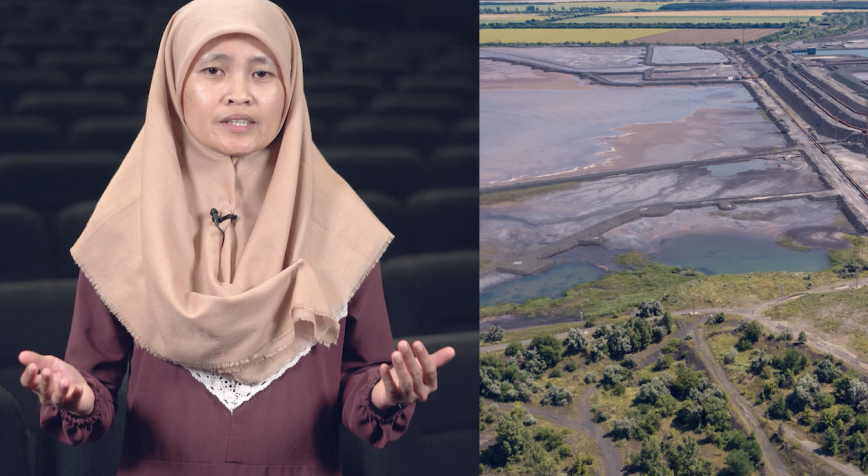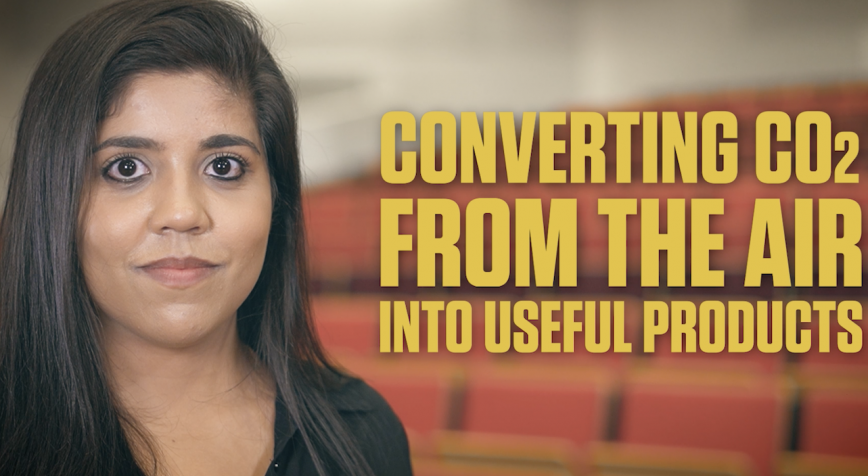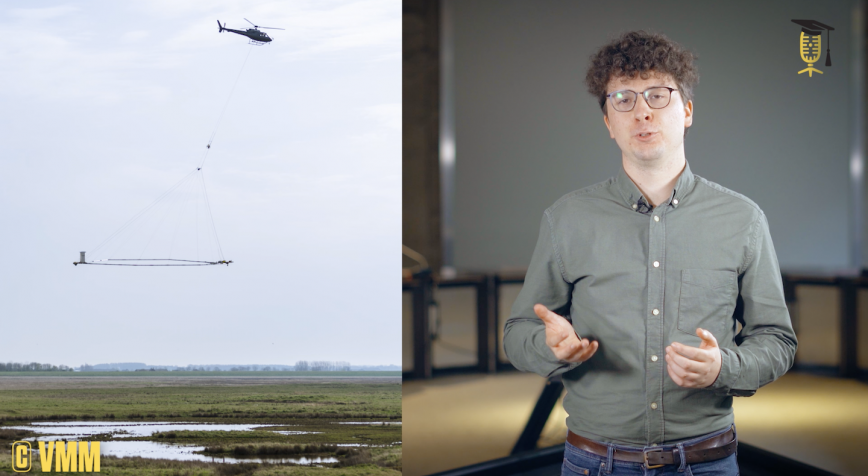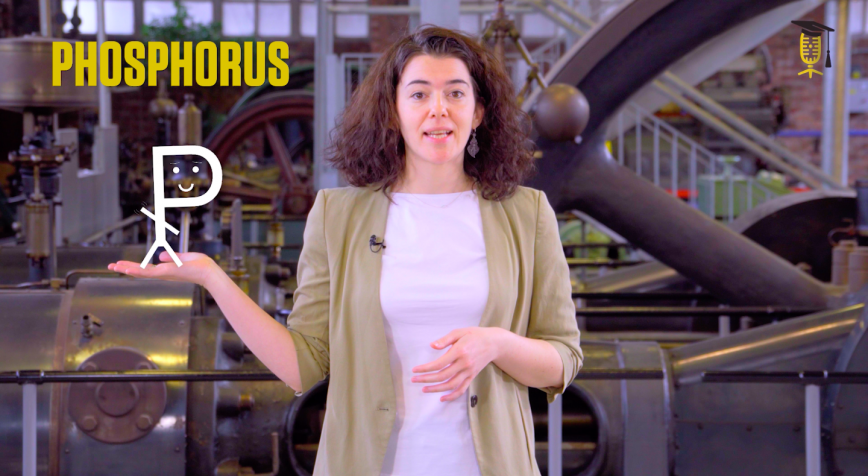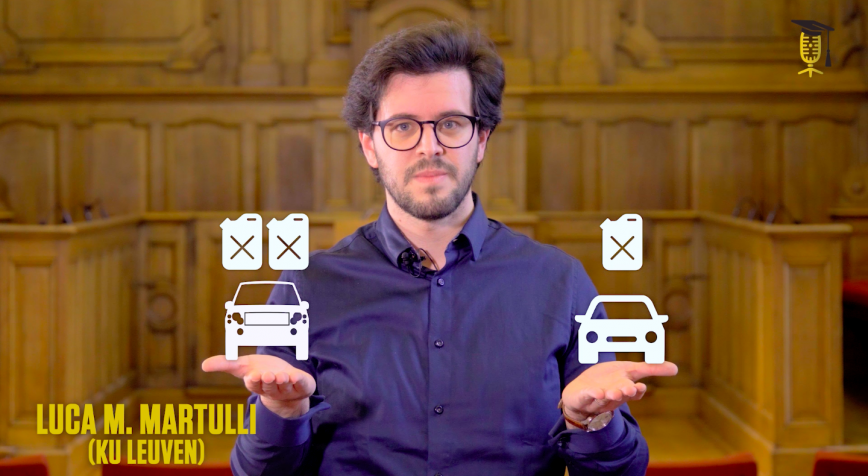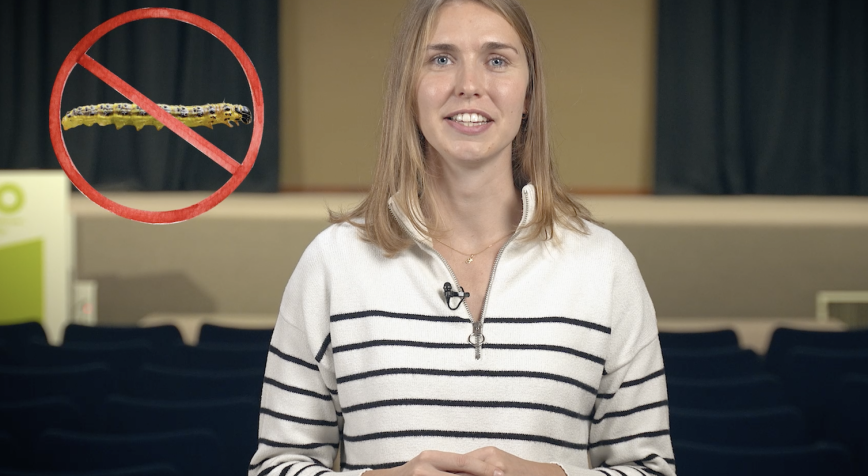
ILVO
KU Leuven
Is Japanese holly a good alternative to boxwood?
Away with bare boxwood bushes! The infamous boxwood moth went on a rampage in Flanders in recent years 🐛🌳 But don't panic! Meet Japanese holly, a robust alternative that is immune to these voracious caterpillars. The catch? The soil in many Flemish gardens is not acidic enough for this shrub to grow well. Bioengineer Esther Geukens will therefore tinker with the plants and the soil so that Japanese holly can thrive here.
